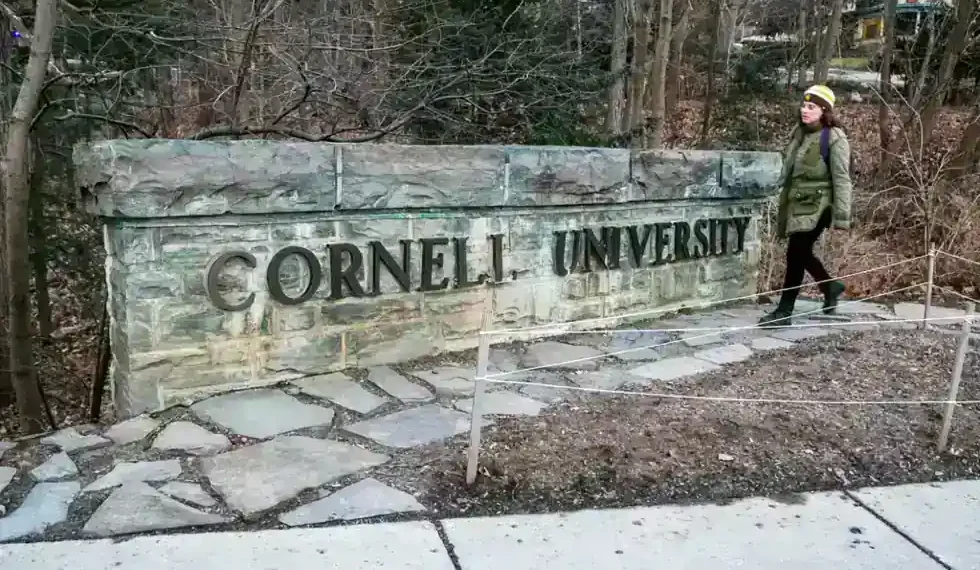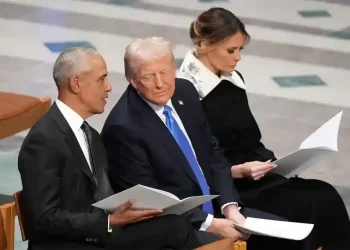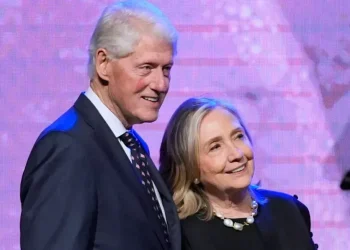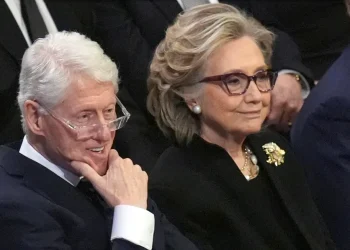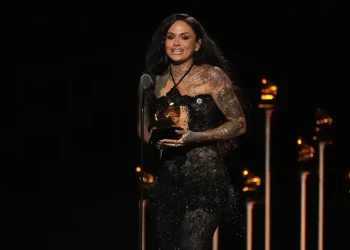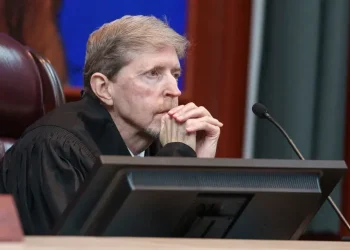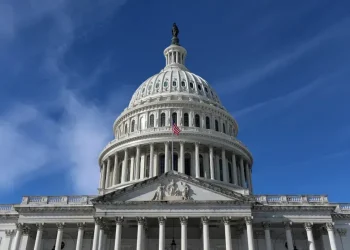Cornell University has reached a $60 million settlement with the Trump administration, agreeing to adopt the federal government’s interpretation of civil rights laws in exchange for the restoration of more than $250 million in withheld research funding.
The agreement, announced Friday by Cornell President Michael Kotlikoff, concludes months of negotiations over alleged civil rights violations and federal scrutiny into the Ivy League school’s diversity and inclusion programs. It follows similar deals reached between the administration and several other elite universities amid a broader campaign targeting what the White House has called “ideological bias” in higher education.
A deal to restore vital funding
Under the terms of the six-page agreement, Cornell will pay $30 million directly to the U.S. government and dedicate another $30 million toward agricultural research designed to support American farmers. In return, the federal government will reinstate the university’s access to more than a quarter-billion dollars in research funding that had been frozen during the investigation.
President Kotlikoff said the outcome restores the school’s partnership with Washington while preserving its institutional independence. “The agreement revives our relationship with the federal government while affirming Cornell’s commitment to academic freedom and autonomy — values that have defined our excellence since our founding,” he said in a statement.
The settlement mirrors an agreement reached last month with the University of Virginia, though Cornell’s deal is reportedly less restrictive than those signed by Columbia and Brown universities, which included broader compliance requirements and higher payments.
Federal oversight and academic concerns
The Trump administration has accused several major universities of tolerating antisemitism and maintaining diversity, equity, and inclusion (DEI) policies that it argues discriminate against students based on political or religious beliefs. The Department of Justice and Department of Education have jointly investigated such allegations since 2023, using federal funding freezes to compel institutional cooperation.
Under the Cornell agreement, the university must now align with the administration’s interpretation of civil rights laws concerning antisemitism, racial discrimination, and transgender policies. A Justice Department memorandum directing campuses to roll back DEI and transgender-inclusive initiatives will serve as a training document for Cornell’s faculty and staff.
The university must also submit extensive admissions data to federal officials, allowing oversight agencies to verify that race is no longer a factor in admissions — a requirement following the U.S. Supreme Court’s 2023 ruling ending affirmative action in higher education.
Education Secretary Linda McMahon hailed the settlement as a “transformative commitment” that prioritizes merit and excellence. “These reforms are a huge win in the fight to restore rigor and truth-seeking to American higher education,” McMahon said in a statement on X.
Attorney General Pam Bondi also praised the deal, saying it underscores the administration’s expectations for all federally funded institutions. “Colleges must fully adhere to civil rights laws and ensure that harmful DEI policies do not discriminate against students,” she said.
Academic freedom advocates raise alarm
Cornell’s chapter of the American Association of University Professors (AAUP) cautiously welcomed the fact that the deal omits some of the harsher provisions seen in other settlements but warned that it still poses risks to academic independence.
“The agreement omits many of the worst provisions imposed on other colleges, but it still goes beyond what the law requires,” the AAUP chapter said in a statement. Chapter president David Bateman criticized the precedent set by such deals: “If you make a deal with somebody when they’re just extorting you, that only encourages future extortion.”
The AAUP also objected to the $30 million payment to the government and to requirements that Cornell conduct campus surveys on antisemitism and share enrollment data, calling the measures “invitations for future intrusion.”
A balancing act between compliance and autonomy
Kotlikoff emphasized that Cornell was not found in violation of federal law and described the settlement as a pragmatic solution to resume research and stabilize academic operations disrupted by the funding freeze.
“The government’s actions had stalled research, upended careers, and threatened the future of programs critical to our mission,” Kotlikoff wrote in a letter to the campus community. “This agreement allows us to move forward while preserving the principles of independent scholarship and free inquiry.”
Cornell’s president must personally certify compliance with the agreement every quarter until the end of 2028. The administration will retain authority to audit Cornell’s adherence during that period.
Comparisons with other universities
The deal places Cornell roughly between other settlements in scale and tone. Columbia University agreed to pay $200 million directly to the government, while Brown University allocated $50 million to state workforce development programs. The University of Virginia, meanwhile, signed an agreement with no financial penalties.
Cornell’s additional $30 million agricultural investment will unfold over three years, funding projects that use artificial intelligence and robotics to advance U.S. farming efficiency — a nod to Cornell’s origins as a land-grant university with historic ties to American agriculture.
Broader implications for U.S. higher education
The agreement reflects a broader standoff between the Trump administration and higher education leaders over the limits of federal oversight. Kotlikoff was among hundreds of university presidents who signed an April 2025 letter warning of “unprecedented political interference” in academic governance.
While the settlement allows Cornell to regain its funding and move forward, it also deepens a national debate about whether federal leverage over research grants can be used to reshape university policies.
As the deal takes effect, Cornell’s leadership faces the challenge of navigating this new era of federal compliance — one that may redefine the boundaries between academic independence and government authority for years to come.
This article was rewritten by JournosNews.com based on verified reporting from trusted sources. The content has been independently reviewed, fact-checked, and edited for accuracy, neutrality, tone, and global readability in accordance with Google News and AdSense standards.
All opinions, quotes, or statements from contributors, experts, or sourced organizations do not necessarily reflect the views of JournosNews.com. JournosNews.com maintains full editorial independence from any external funders, sponsors, or organizations.
Stay informed with JournosNews.com — your trusted source for verified global reporting and in-depth analysis. Follow us on Google News, BlueSky, and X for real-time updates.
